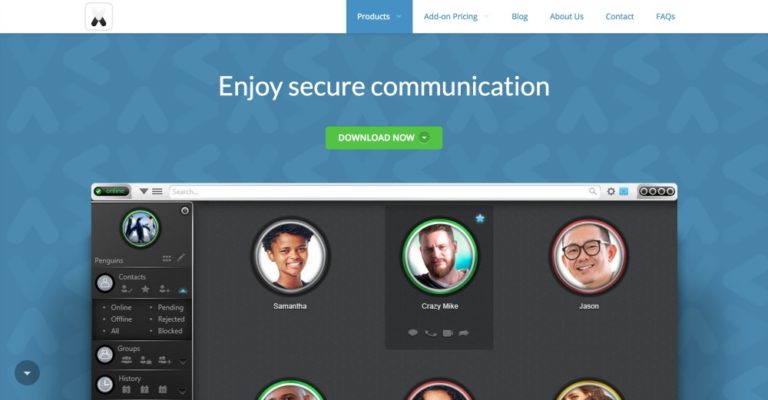Ed: Todays pitch is a fundamentally great idea, however the thing that would scare the hell out...
security
Regular readers will recall, I am keen for solutions which offer private citizens the option to protect...
Photo by ElectronicFrontierFoundation In the digital age privacy and security are always a major concern, especially since...


